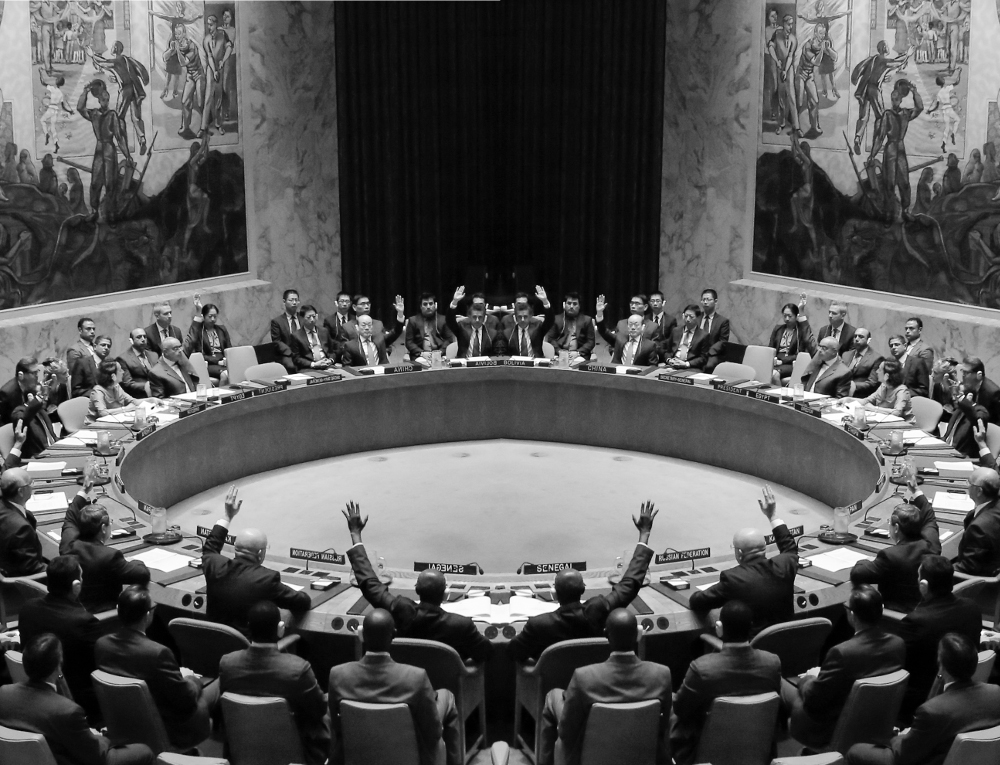Australia headed for UN table
 Australia will be elected uncontested to the powerful United Nations human rights council this week.
Australia will be elected uncontested to the powerful United Nations human rights council this week.
Elections to the 47-member council will be mostly uncompetitive, with only the Asia-Pacific, where six states are competing for four seats, will see any contest.
The other geographic groupings have the same number of candidates as seats.
But the voting is not a formality.
Countries can be denied a spot if half of the member countries voting refuse to cast a vote for it.
Australia is competing for one of two ‘Western Europe and others’ group seats against Spain and France, but France has withdrawn.
Australia has been campaigning worldwide for its position on the human rights council.
“Australia will bring a principled and pragmatic approach to our term on the human rights council,” foreign minister Julie Bishop said, launching Australia’s bid.
However, Australia’s asylum policies including boat turnbacks, offshore detention and allegations of mistreatment, have been consistently criticised by UN bodies.
Being a member of the human rights council does not exactly put Australia in esteemed company.
Saudi Arabia is a council member, despite executing more than 100 people this year.
The Philippines is on the council too, while its government wages a brutal extrajudicial war on drug crime.
Other countries set to receive three-year terms this week include the Democratic Republic of the Congo, whose decades-long war has seen security forces employ torture, rape, arbitrary arrest and extrajudicial killings.
Mexico is to be promoted too, amid accusations of extrajudicial killings, forced disappearances and torture in its war on organised crime.
Senegal should have its membership renewed despite widespread issues of child trafficking and exploitation, unlawful killing by security forces and deaths in custody.








 Print
Print